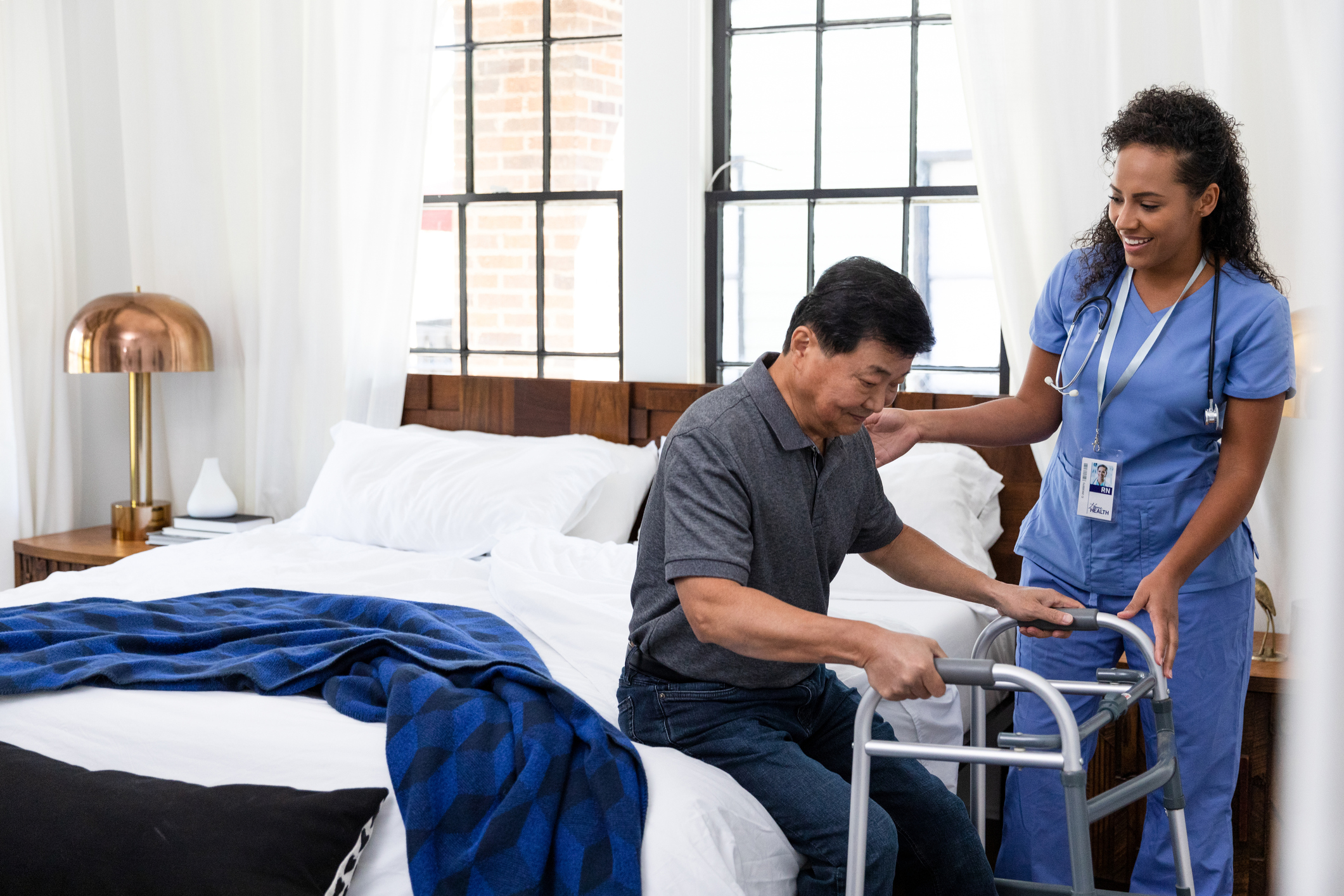Last week, Samsung announced a new strategy and innovation center with offices in Silicon Valley, Korea and Israel, and a big pot of money to support new companies.
Mobile health is on the company’s list of initial priorities, along with cloud infrastructure, mobile privacy and a human interface for the Internet of Things.
This is a gold mine for healthcare startups. Samsung is not interested in apps or late-stage companies. The company sees more opportunity in hardware and infrastructure. The new $100 million Catalyst Fund will be looking for early stage companies and components and subsystems. Launching later this year, the SamsungCreate Challenge is designed to promote Samsung’s Device Solutions Architecture Platform and will award $10 million in seed investments.”

With the Rise of AI, What IP Disputes in Healthcare Are Likely to Emerge?
Munck Wilson Mandala Partner Greg Howison shared his perspective on some of the legal ramifications around AI, IP, connected devices and the data they generate, in response to emailed questions.
Maybe we need a healthcare chip for our phones. Samsung could reverse the “collecting data without telling you trend” and give the consumer complete control over all the data in this chip. There would be no “we collect it for free in exchange for de-identifying it and keeping a copy.” The consumer would know up front that the chip was there and collecting data from the accelerometer and the GPS chip and everything else. Maybe the chip could bake in certain analytics, or the ability to analyze a blood sample — lab on a chip anyone?
There are more and more connected health devices sending data to the cloud, and if any industry needed more help coordinating its digital infrastructure, I can’t think of one. Now is the perfect time for a big electronics company like Samsung to help set some standards or at least help out with interoperability.
Entrepreneurs working on diagnostics and devices are a perfect fit for this fun, but even big data projects and infrastructure ideas like a health data commons could find champions at Samsung. Surely the company could help make medical devices less hack-able.
These seven healthcare startups should get in touch with Samsung soon, but all of us should keep the electronics company in mind for future partnerships and support.
- TedCas: This Spanish company recently won a spot at the SXSW pitch day and calls itself “the Minority Report for doctors.” It’s not a device per se, but it is a new way to interact with information and certainly would need a robust infrastructure to support it. TedCas is building Natural User Interfaces for healthcare applications based on optoelectronic devices like Microsoft Kinect. I could definitely see doctors buying a smartphone that would let them create a Minority Report war room on the 9th hole or the mountain bike route.
- IntelligentM: These guys are building an Internet of Things in hospitals to combat healthcare-acquired infections. Imagine the money to be made if Samsung could help them roll this out nationwide. The focus is hand washing. Everything — and everyone — is tagged and tracked (I know, I wouldn’t want to work in a system like that either, but it makes for a good video). With the IntelligentM system, you can prove whether or not a doc or nurse’s assistant actually washed her or his hands. This Florida company is also on the SXSW Accelerator alternate list. (Why are all the super cool health startups on the alternate list for SXSW?)
- Spot on Sciences: There is no exact fit here, but maybe Samsung could help the company make blood sampling even more mobile friendly. Spot on Sciences’ HemaSpot allows a blood sample to be collected from any location, by anyone and at any time. The slim collection box dries the blood sample so it can be shipped to a lab at ambient temperatures. This Austin, Texas company is an alternate in the health group selected for the SXSW Accelerator.
- DxUpClose Inc.: The company’s hand-held device screens a fluid sample for specific pathogenic bacteria, but even if it can’t identify the bacteria that are present, it will count the bacteria and perform an antibiotic sensitivity test on them in an hour. The device then sends a list of recommended antibiotics to a healthcare worker’s email or smartphone. The initial application will be for urinary tract infections.
- Neumitra: This Boston startup has created a watch that measures skin conductance with a wearable sensor. If your stress levels reach the danger zone, the bandu rolls out coping methods like music, games, phone calls and breathing techniques to help you perform at your best. Samsung probably isn’t interested in content (at least in the innovation division), but Neumitra’s combination of device and programming makes it an easy accessory to up sell at a phone store. Neumitra is also an alternate in the SXSW accelerator.
- QUICK: This startup is developing a test that uses saliva to measure everything from glucose levels and blood alcohol to the effectiveness of chemotherapy. The tests are designed to work with a smartphone, so maybe there is a hardware component that Samsung could help with. Is a gut-on-a-chip in a phone possible?
- Medasense: This Israeli company is developing a pain-monitoring system based on a finger probe. Physiological data collected by the probe is analyzed with biomedical signal processing, machine learning and pattern recognition. The monitor has been tested in feasibility trials on healthy volunteers and patients under general anesthesia in the OR. The company reported good results: “The Medasense unique pain index was found to be highly correlated with estimated pain level and outperformed any other pain-related indicators.” This sounds way better than the “on a scale of 1 to 10…” method of measuring pain.
- HandMinder: This company has created a glove to help stroke patients learn to use their hands again without help from a physical therapist. What if the data from this device could be stored in a health chip on a phone for the patient and the doctor to use? Here is another health representative in the Internet of Things.
[Top image from from flickr user Casaleggio Associati and second image from Spot on Sciences]














